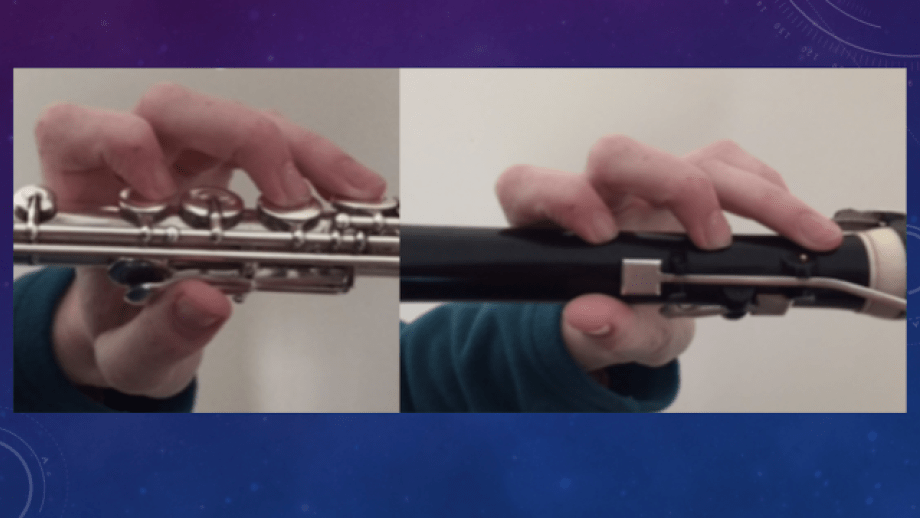Switching Between Modern and Historical flutes (2008-2021)

Switching between Modern and Historical Flutes: Pedagogical and Neurophysiological Implications (2008 – 2021).
Decades after the initial intensive debate between advocates and critics of Historically Informed Performance Practice (HIP) following its inception, the modern and HIP arenas are now more musically interactive. There are players who perform professionally on both modern and historical instruments, for whom developing and maintaining a professional performance standard on both instrumental systems is a significant undertaking. This study has investigated: “What is the optimal process for professional modern flautists to learn historical flutes, without compromising their modern flute playing level?” The literature review revealed that the subject of an already professional modern flautist learning historical instruments has until now remained largely unresearched. It was hypothesised that the process of learning a second instrumental system, while maintaining the first, may bear comparisons with the process of learning a second language or dialect. Aiming to formalise an effective method for switching between modern and historical instruments, three methodologies were used for data collection: a study of historical treatises, an autoethnographic study documenting my personal process as a professional modern flautist learning historical flutes, and the interviewing of esteemed practitioners, including: performers who play both modern and historical instruments, music specialist medical practitioners and instrument makers. Data from interview transcripts was analysed using NVivo qualitative software and compared with the findings in the treatise and autoethnographic study. Conclusions demonstrated that evidence supported the hypothesis. In switching between two or more systems of fingering, neurological and physiological complexities were experienced, termed in this study as: finger freeze, fingering dyslexia, false friend, and false limb sensations, each of which had a linguistic parallel. Consequently, Second Language Acquisition was considered as a learning model for assimilating multiple fingering systems. Concluding recommendations included physical and psychological practice methods to employ a “psychological reset” to trigger the recalibration in switching between modern and historical systems.
This study has received funding from the University of Sydney Postgraduate Research Support Scheme (2016), the ANU Conference Travel Grant (2018), and the University of NewcastleConference Travel Grant (2016).
Walker, S. K. A. (2021) Switching between Modern and Historical Flutes: Pedagogical and Neurophysiological Implications. Sydney Conservatorium of Music [Doctoral dissertation]. Sydney: University of Sydney. https://ses.library.usyd.edu.au/handle/2123/28670.
Walker, S. K. A. (2021). Multi Fingering System Management for Historical Woodwind Players. In 18th Biennial Conference on Baroque Music. Birmingham (UK): Royal Birmingham Conservatoire of Music.
Walker, S. K. A. (2019). The neurological and physiological implications in shifting between musical instrument multi-fingering systems. In International Symposium of Performance Science. Melbourne: Melbourne University.
Walker, S. K. A. (2016). Physiological Implications in transferring between a one‐keyed baroque flute and a modern fully keyed flute. In Performing Wellness. A Symposium presented by the Music, Mind and Wellbeing group of the University of Melbourne and the Australian Society for Performing Arts Healthcare. Melbourne: University of Melbourne.
Walker, S. K. A. (2016). Shifts between performing modern and historical instruments. In 39th National Conference of the Musicological Society of Australia. Adelaide: Elder Conservatorium of Music, the University of Adelaide.
Walker, S. K. A. (2016). Wrapped around the little finger: transferring between a one-keyed baroque flute and a modern fully keyed flute. In Sydney Conservatorium of Music Graduate Research Symposium. Sydney: Sydney Conservatorium of Music, University of Sydney.
View Sally Walker's Researcher page.